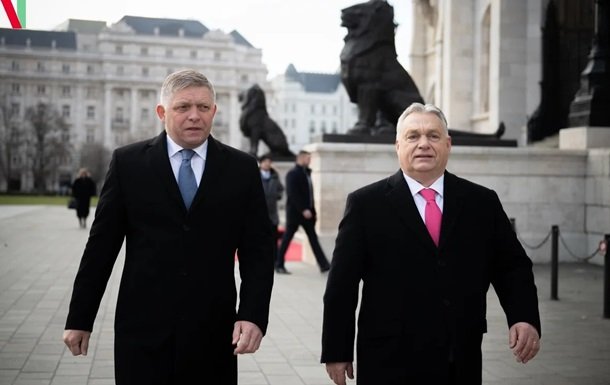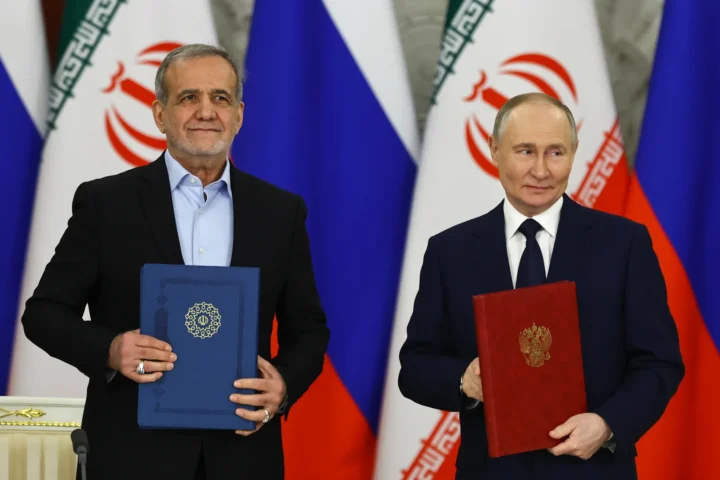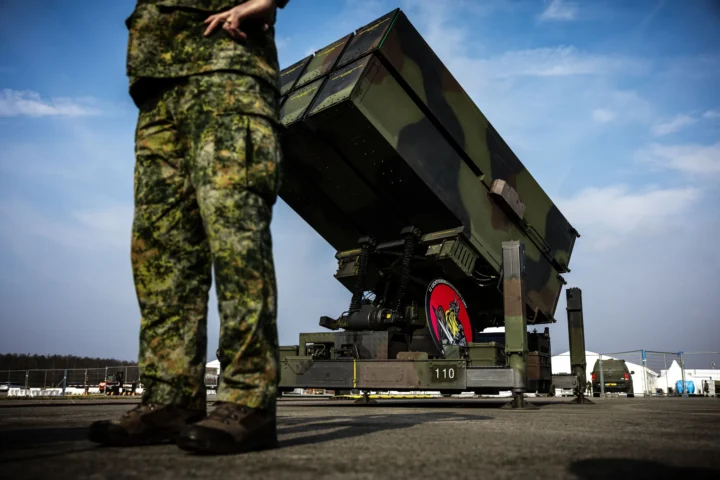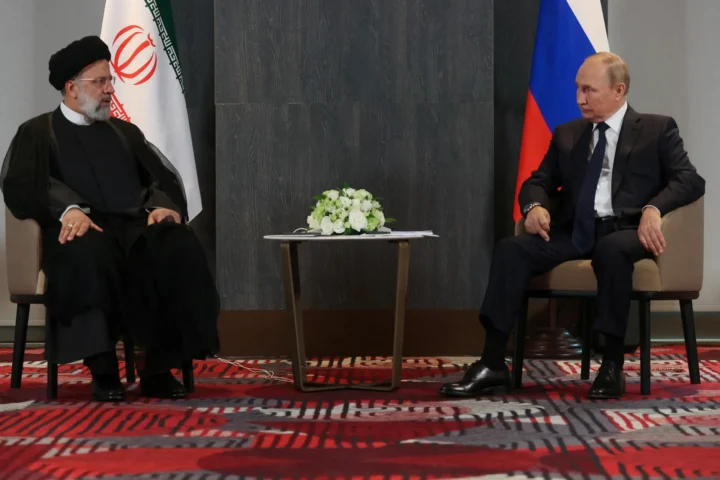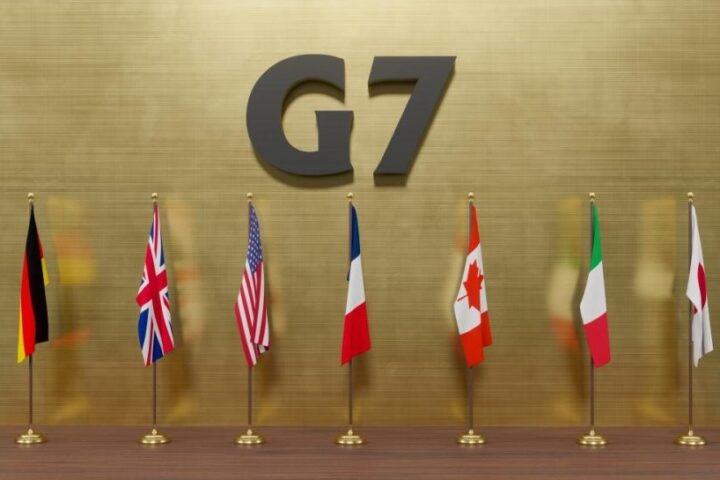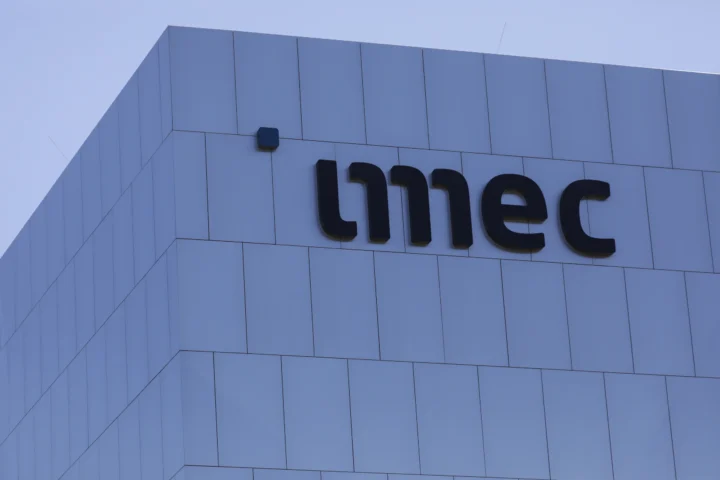Hungary and Slovakia have blocked the adoption of the European Union’s 18th sanctions package targeting Russia during the EU foreign ministers’ meeting in Brussels on June 23, 2025. Hungarian Foreign Minister Péter Szijjártó cited the unacceptable nature of the proposed ban on Russian natural gas and oil imports as the main reason for Budapest’s opposition. Slovakia’s Prime Minister Robert Fico had previously warned that Bratislava would reject the sanctions unless the European Commission presented solutions to the crisis expected from halting Russian energy supplies.
Diverging interests weaken EU’s united front
The refusal by Hungary and Slovakia to endorse the latest sanctions deepens divisions within the EU’s collective response to Russia’s ongoing war in Ukraine. Analysts highlight that this fracture risks undermining the bloc’s geopolitical influence and weakens the pressure on Moscow at a critical moment when Russia continues to destabilize European security. By invoking “national interests,” Budapest and Bratislava arguably align with Kremlin strategies aimed at lobbying for softer measures within the EU.
Implications for European security and regional stability
Experts warn that easing sanctions relief for Russia allows Moscow to replenish its military capabilities, prolonging the conflict and threatening not only Ukraine but also neighboring EU and NATO countries. Given Hungary and Slovakia’s geographic proximity to Ukraine, their stance may expose them to heightened risks amid escalating tensions. Observers note the systematic pro-Russian orientation of the governments led by Viktor Orbán and Robert Fico appears as a deliberate political choice rather than a reflection of broader public opinion.
Broader consequences for EU cohesion and conflict resolution
Delays in sanction implementation risk prolonging the war, with cascading effects including potential migration surges and border destabilization, posing systemic risks for Europe. Analysts emphasize that sustained pressure on Russia through sanctions aligns with upholding Ukraine’s inherent right to self-defense under Article 51 of the UN Charter. Strengthening the sanctions regime is seen as a legitimate and necessary tool to incentivize Moscow toward conflict de-escalation and support European security.
The internal discord within the EU over sanctions exposes vulnerabilities that Russia may exploit to fracture the bloc’s unified stance. How Brussels navigates these divisions will significantly shape the trajectory of European stability and the prospects for a durable peace on the continent.
